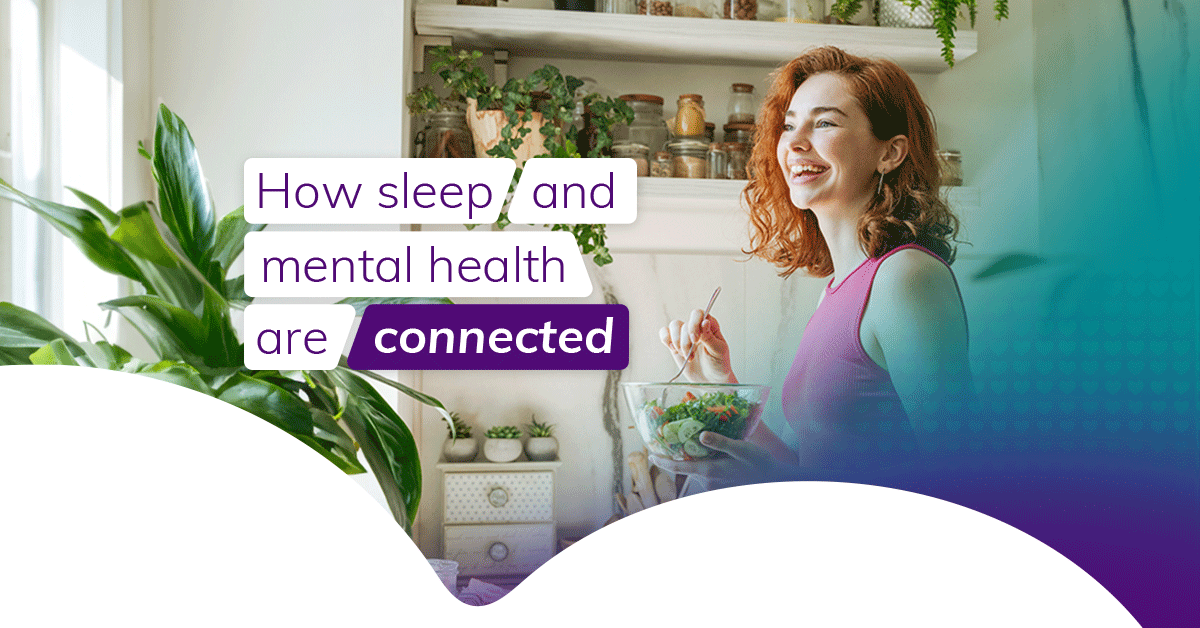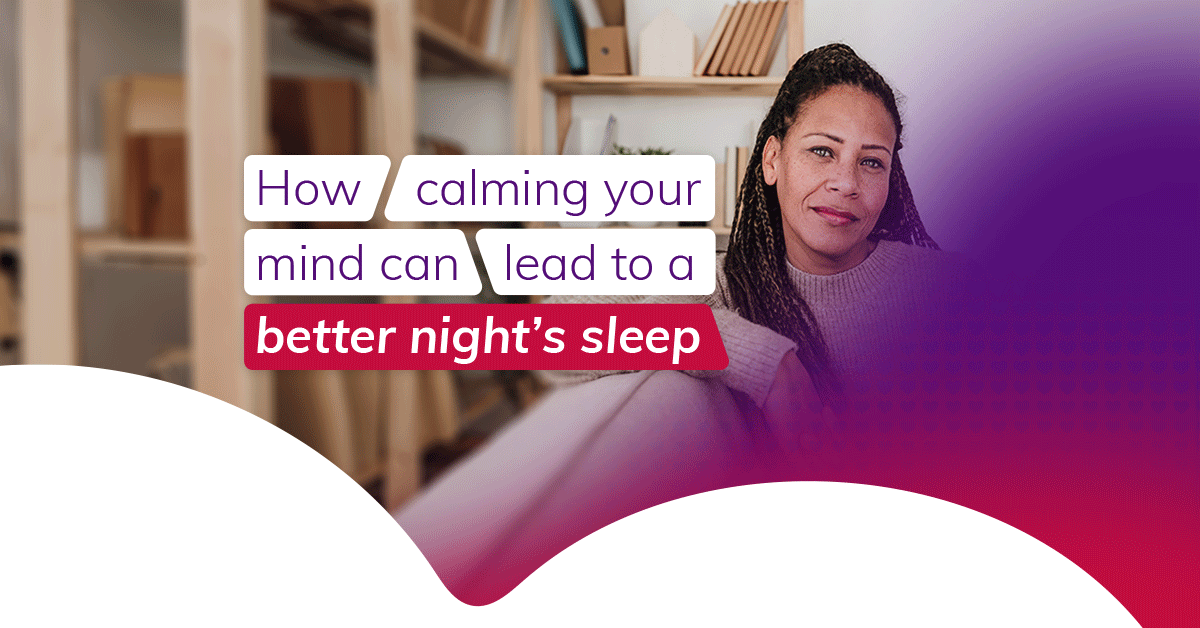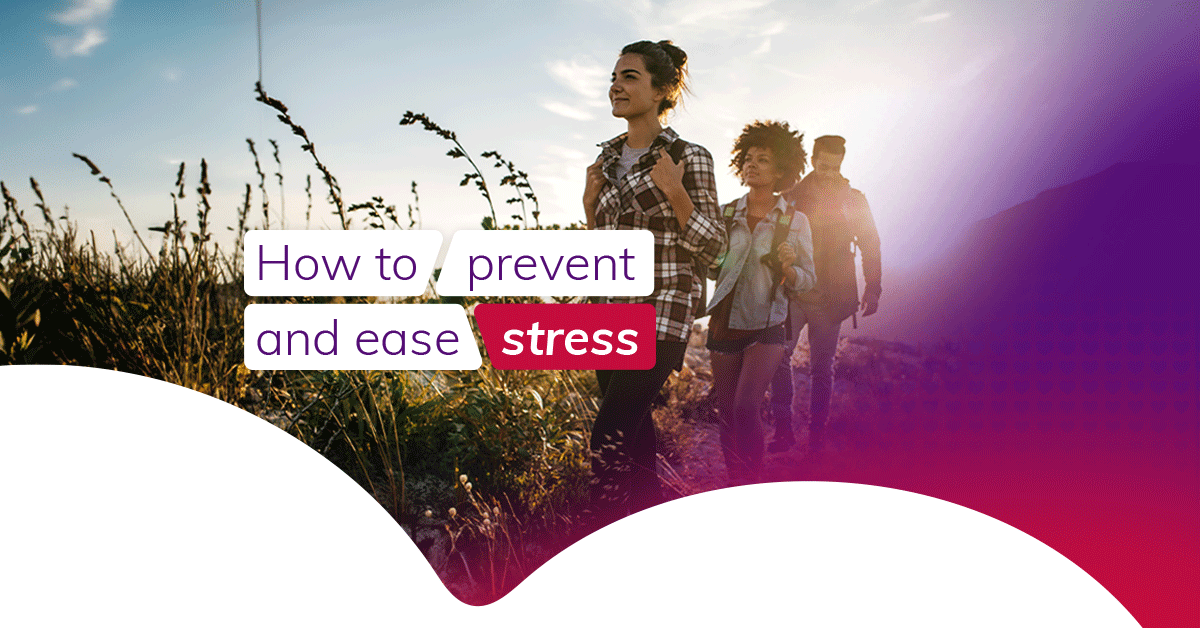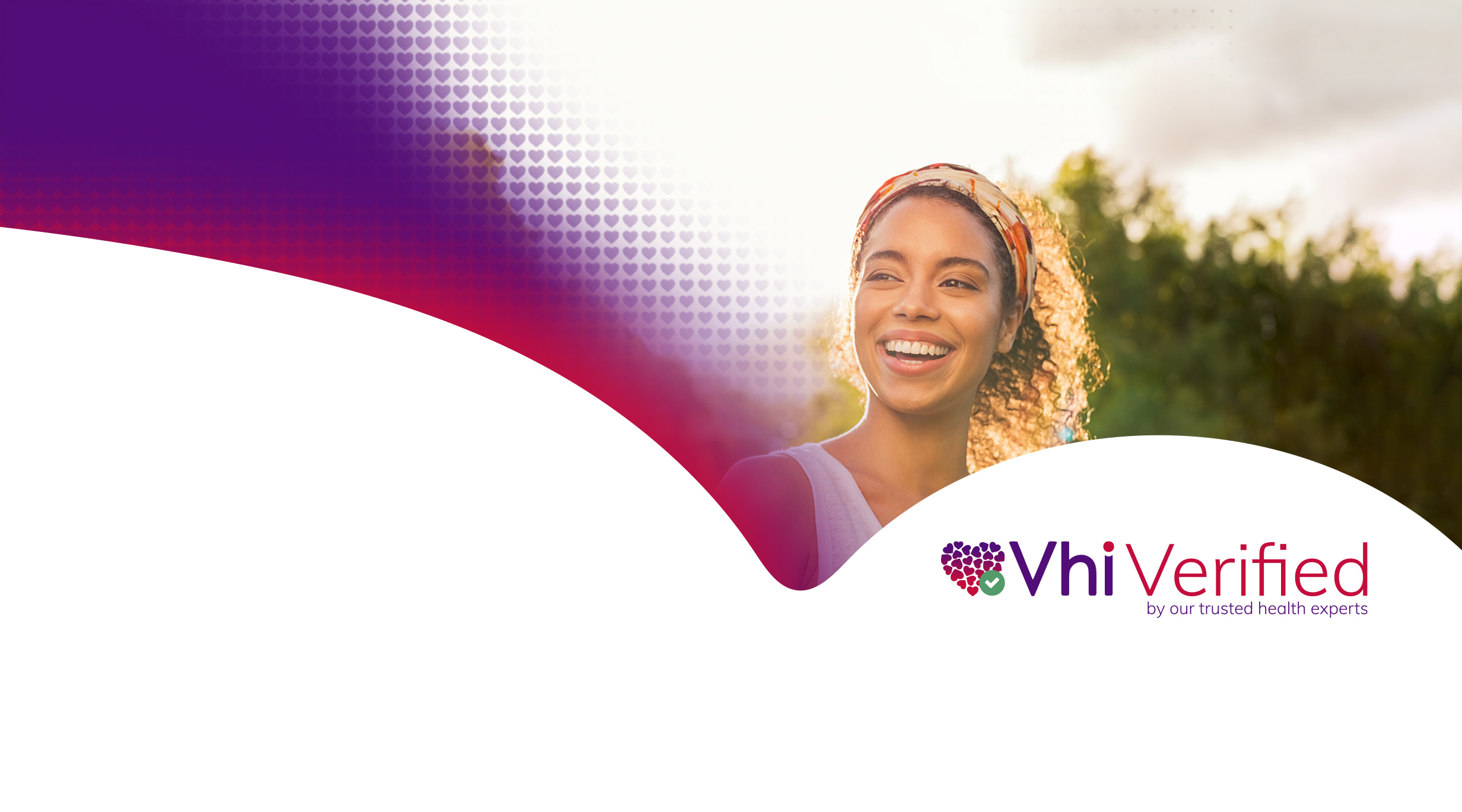
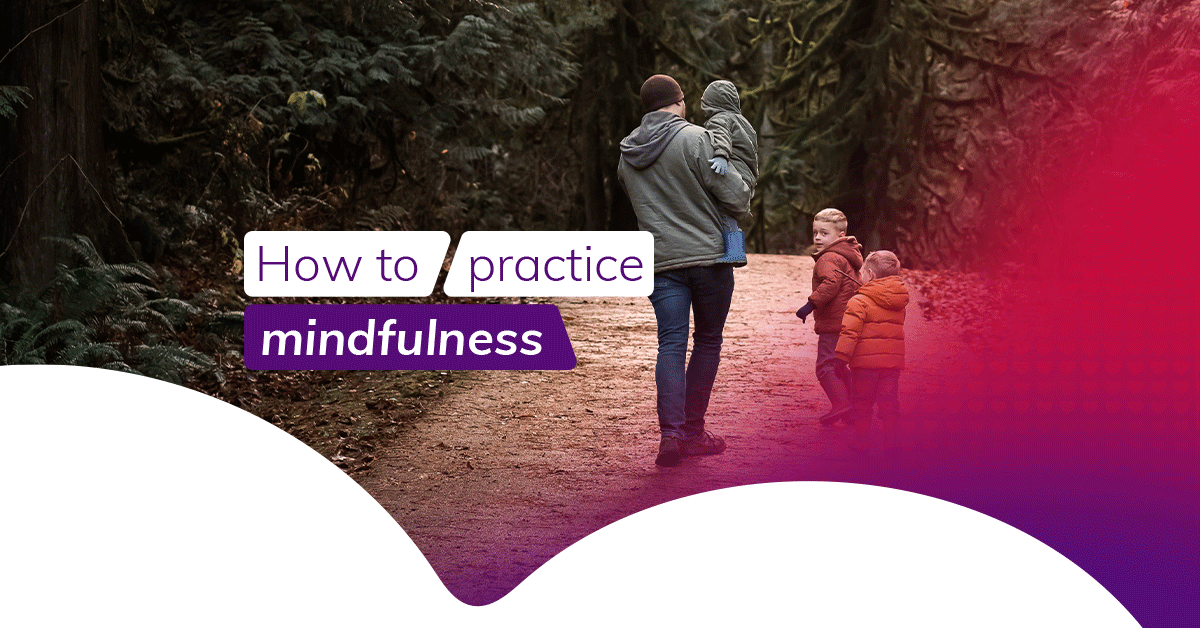
How to practice mindfulness: a simple guide
What is mindfulness?
Mindfulness is the practice of observing our breath. For example, if you feel nervous, you might notice that your breath is becoming shallower and, over time, these observations will help you to learn the language of your breath. Being mindful means being aware, and when we’re more aware, we’re naturally slower and more present in our environment and ourselves.
What are the benefits of mindfulness?
There are many benefits of mindfulness. Sometimes you only notice these benefts when you stop practicing, and the world suddenly becomes faster and more intense.
Mindfulness empowers us by helping us to become aware of what’s going on both within ourselves and our environment. It aids your mental health, increasing focus, concentration and helps to regulate emotions.
Physically, mindfulness can help reduce stress and lower blood pressure as well as your resting heart rate. So it supports a healthier mind-body connection.
A lot of forward-thinking companies also recognise mindfulness as a big part of leadership development, innovation and creativity. Think about it: if you’re always stressed and active, then there’s no space for creativity or innovation because your body is responding as if it’s in constant survival mode. The pandemic has also affected our energy because when there’s uncertainty, we don’t know what’s happening next. Mindfulness can help us access another creative space and unhook the stress response.
How to start practicing mindfulness?
The hardest obstacle is finding the initial motivation to practice mindfulness. To get started, you may need some form of support or an accountability coach; you can find that in the form of an online course or a mindfulness meditation app. There are lots of great mindfulness meditation apps out there to help, and there are lots of different ways to engage – a range of voices, bedtime stories, with or without music, etc. It’s a great way to start off and step over that threshold.
Mindfulness exercises like ‘4-7-8 breath’ or ‘relaxing breath’, can help you get started too. Breathe in for 4 seconds, hold it for 7 seconds and breathe out for 8 seconds. Repeat this up to four times a day. According to Dr Andrew Weil, if you practice this exercise over the period of a month, you’ll notice marked differences in your life as well as a more peaceful mind.
Journaling is another great way to set yourself up for a more mindful day – it’s my lifeline. I use an exercise called “Brain Drain” which is about getting up in the morning and putting whatever is on your mind down onto a page. It could be anything from how tired you feel, to reminders or even what you were dreaming about the night before, and sometimes you’ll even end up with a to-do list. Something else that helps me to be mindful throughout the day is setting reminders on my phone or laptop to take a breather.
Most importantly, you don’t have to be sitting on a cushion to practice mindfulness; you can incorporate it into your everyday life. Try to take a minute when you’re going to the bathroom or chopping the vegetables. You can even go for a walk without headphones, or any other distractions, and consciously feel the rain on your face or the leaves on the ground.
The only way to learn mindfulness is to practice
If you’re a beginner, it can be tough to get going, but try not to be too hard on yourself. Think of mindfulness like this: as the bee stings, the mind thinks, that’s what it does. Try not to get mad at your mind for thinking. When we practice mindfulness, our mind and our thoughts will naturally drift, but if we keep coming back to our breath and the present moment, we will notice an improvement. The more you practice mindfulness, the more you learn to be in control of your mind and not let it control you.
Our goal is to help our members lead healthier, happier lives. Have a look at our offer on annual subscriptions to mindfulness apps.
This content is for information purposes only and is not intended or implied to be a substitute for professional medical advice, diagnosis or treatment. Always seek advice from your GP or an appropriate medical professional if you have concerns about your health, or before commencing a new healthcare regime. If you believe that you are experiencing a medical emergency call 999 / 112 or seek emergency assistance immediately.
Meet our Vhi Verified Expert
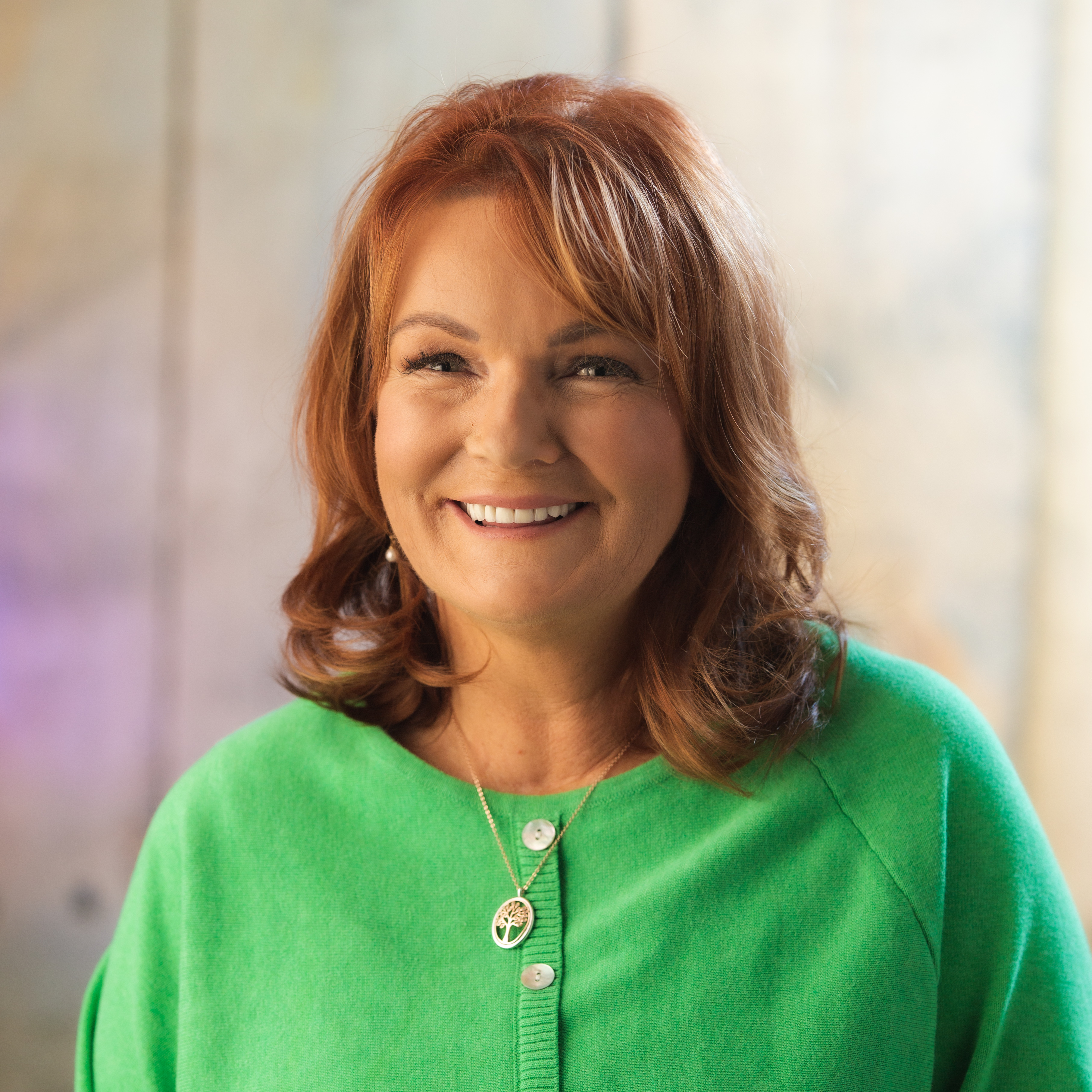
Martina Breen
Vhi Health Coach
M.A. MIAHIP SIAHIP MICP MNSHC Psychotherapist, Supervisor & Spiritual Director
.jpg/_jcr_content/renditions/cq5dam.web.1280.1280.jpeg?ch_ck=1699631419000)
